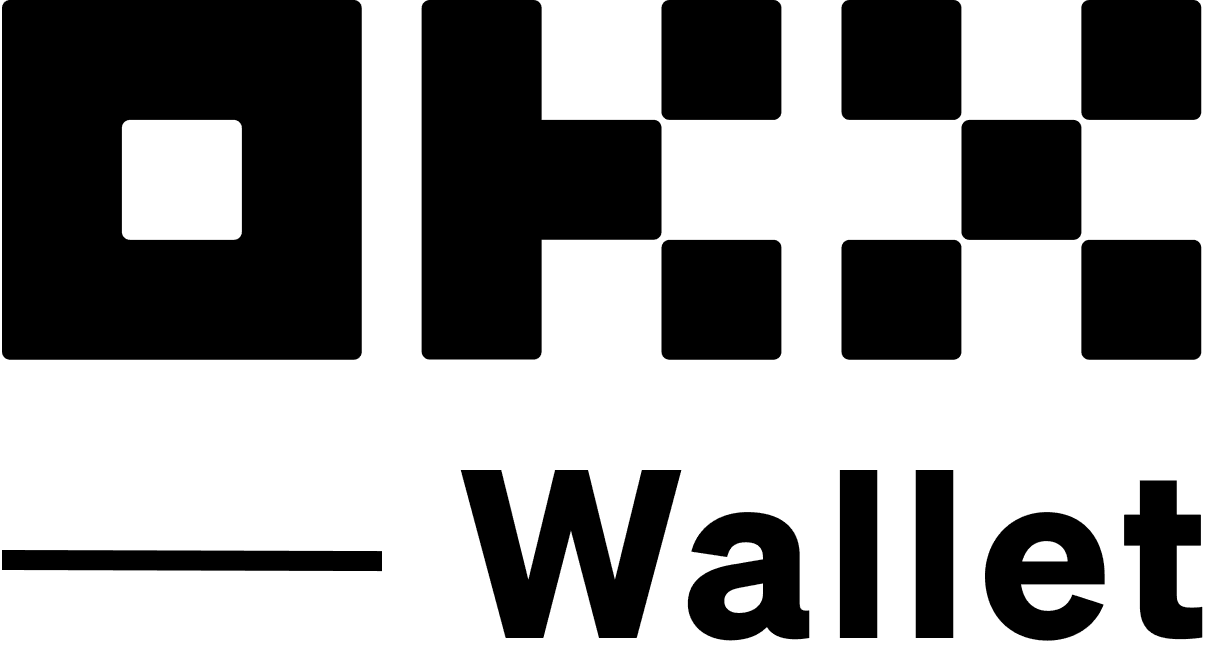Whoa! If you told me five years ago that big financial institutions would be neck-deep in crypto custody, I might have laughed it off. Something about the wild west reputation of digital assets made me skeptical. But here we are, and honestly, it’s fascinating to watch how the market is evolving. The need for secure, compliant, and integrated custody solutions isn’t just a luxury anymore—it’s a must.
Okay, so check this out—there’s a growing demand from professional traders and institutions for wallets that don’t just store assets but also seamlessly connect to centralized exchanges like OKX. This integration is a game-changer, especially for those who want both security and speed without juggling multiple platforms. My instinct said that having everything under one roof, or at least within a unified ecosystem, would reduce friction significantly. And yeah, it kinda does.
Initially, I thought custody was mostly about cold storage and offline safekeeping. But then I realized that the story’s way bigger. Institutions need custody solutions that offer regulatory compliance, multi-layered security, and instant accessibility. For example, a wallet that supports multi-signature approvals, role-based access controls, and real-time auditing—these features literally shape the trust factor. It’s not just about locking funds away anymore.
Now, here’s what bugs me about some of the older custodial models: they either sacrifice usability for security or vice versa. That’s a tough balance. But solutions like the okx wallet are bridging that gap pretty well. Oh, and by the way, their integration with OKX exchange means traders can execute market orders directly from their wallets—no need to bounce between apps.
Seriously? Yes. Because when you’re handling large volumes, every second counts, and slippage or downtime can cost big bucks. Really, the market’s becoming less tolerant of clunky tools.
So, what does this mean for the broader market? Well, as institutional-grade custody solutions become more accessible, retail traders might soon expect similar standards for security and efficiency. It’s like when online banking matured—once the banks stepped up, customers demanded more seamless experiences everywhere.
But here’s the catch: even the most sophisticated custody solutions face challenges. Regulatory frameworks across jurisdictions are still patchy. On one hand, stringent compliance protects investors; on the other, it sometimes slows down innovation. Honestly, it’s a bit of a tightrope walk.
For instance, consider how custodians handle KYC and AML protocols. They’re essential but can introduce latency. Some traders I know complain about the onboarding friction. But then again, skipping these checks isn’t an option if you want long-term viability in regulated markets.
And storage methods? Cold wallets are safer, but not practical for quick trades. Hot wallets provide agility but increase exposure to hacking. This trade-off is still unresolved, though hybrid solutions are getting better. I mean, the okx wallet uses a layered approach that feels promising—combining hardware-backed security with user-friendly interfaces.
Here’s the thing: market analysis shows institutional inflows into crypto are steadily rising, partly because custody risk is finally being addressed. When funds are secure, more capital flows in, which in turn stabilizes the market. It’s a virtuous cycle, but it requires trust at every step.
Now, I want to circle back to integration because it’s such a critical piece. Many wallets out there are standalone, meaning if you want to trade on OKX or any other centralized exchange, you have to move assets around. This leads to delays, fees, and sometimes errors. The okx wallet bucks that trend by letting users manage assets and trade within a single environment. It’s slick, honestly.
Wow! Imagine the impact this has on day traders who need to react instantly to market swings. It’s the difference between catching a wave and wiping out. Plus, institutional traders get enhanced controls—think multi-user approvals, transaction limits, and comprehensive activity logs.
But I’ll be honest—I’m not 100% sure that even the best custody solutions can fully eliminate operational risks. Human error, insider threats, and unforeseen bugs still lurk in the shadows. It’s an arms race between attackers and defenders, and one that never really ends.
Still, the progress is undeniable. Custody providers are increasingly leveraging advanced cryptography, hardware security modules, and blockchain analytics to stay ahead. And as these tools mature, I suspect we’ll see more hybrid models combining the best of centralized and decentralized custody.

Check this out—this interface from the okx wallet really nails the balance between usability and security. You get a clean dashboard, quick access to trading pairs, and robust security features all in one spot. For traders who want to keep their assets close and their options open, it’s a rare find.
On another note, custody isn’t just about technology—it’s also about relationships. Institutions want partners, not just service providers. They need teams that understand regulatory nuances, can customize solutions, and offer responsive support. It’s a very human aspect in an otherwise tech-heavy space.
Hmm… I wonder how this will shape smaller traders’ expectations down the line. Will they demand institutional-level custody features? Or will the complexity be a barrier? Perhaps wallets like the okx wallet will democratize access, making professional-grade tools standard fare.
Anyway, the crypto market’s maturation is a messy but exciting process. Custody solutions are central to that story, bridging security, compliance, and market access. Traders who are early adopters of integrated wallets stand to gain efficiency and peace of mind—two things that are very very important in volatile markets.
So, if you’re a trader looking for a wallet that’s more than just a vault, consider those with strong exchange integration and institutional-grade features. The market’s moving fast, and the tools you use can make all the difference. Personally, I’ve found the okx wallet to be a solid option worth checking out.